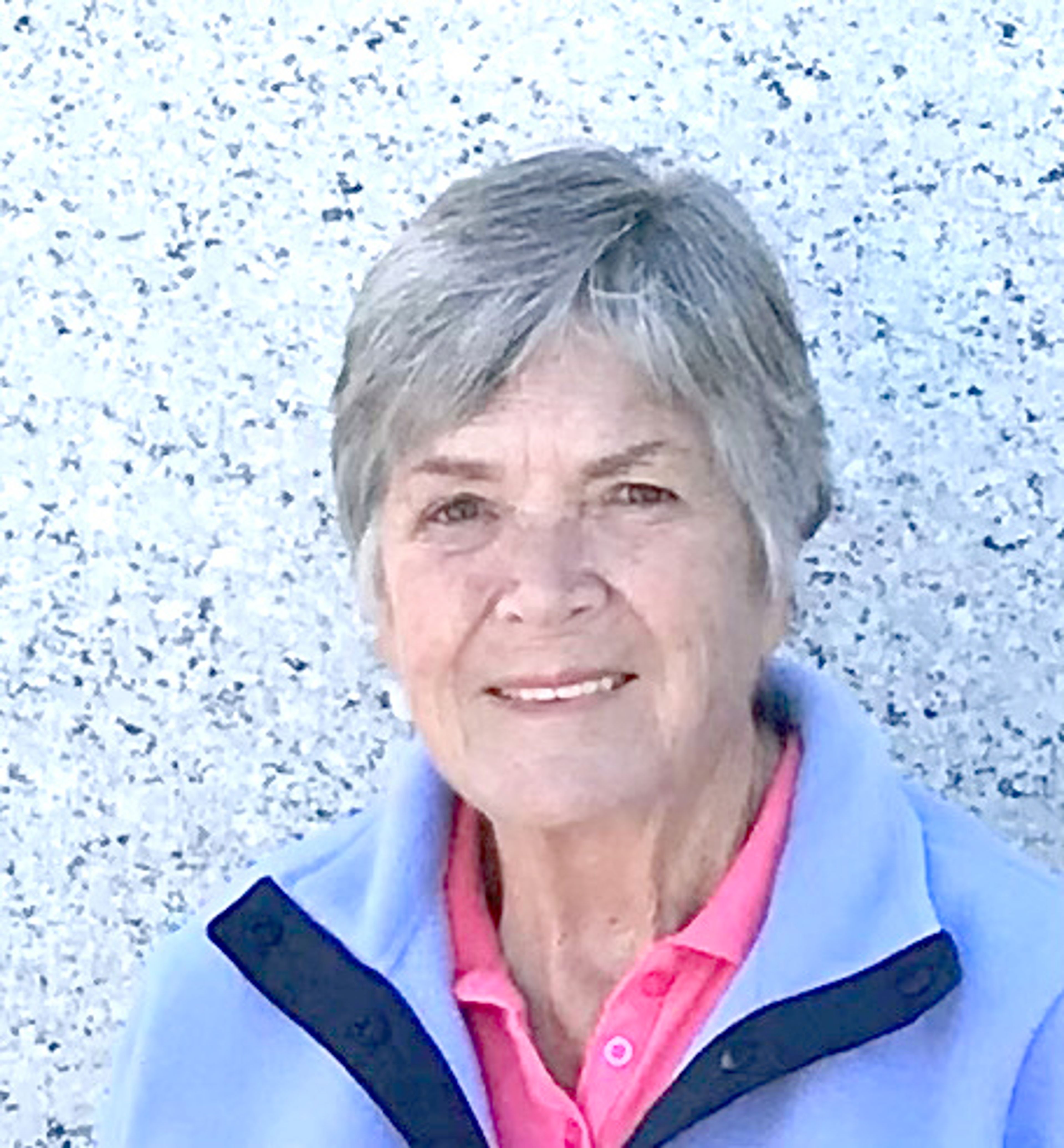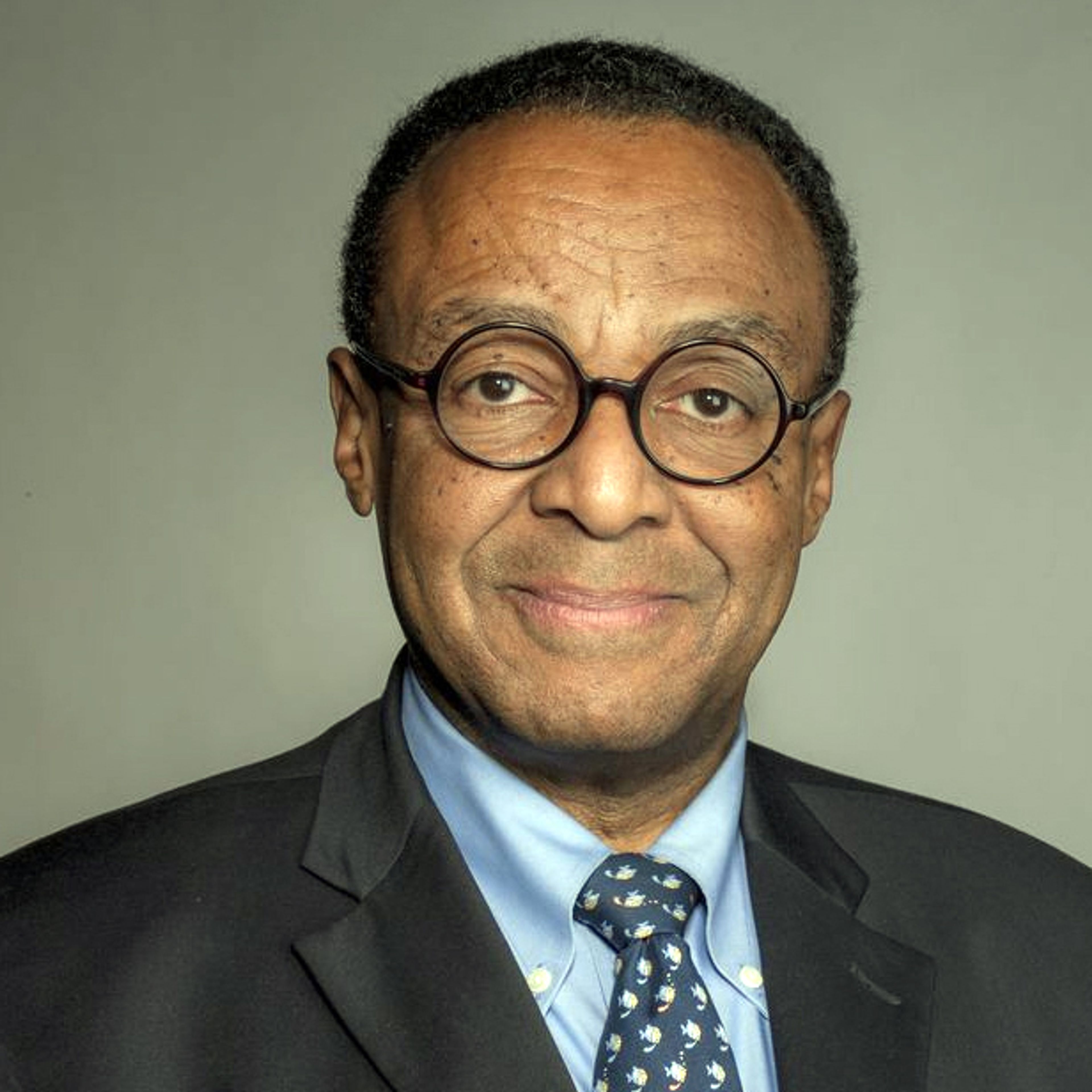OPINION: Portland shows ranked choice voting no cure-all
Guest Editorial: Another Newspaper’s Opinion
This editorial was published in The Columbian of Vancouver, Wash.
———
In 2022, Clark County voters rejected a proposal that would have implemented ranked choice voting in the region. But that does not mean the issue has disappeared.
Ranked choice voting continues to be promoted as a method for fixing some of what ails our democracy. And before it reappears on a local ballot, voters can learn from the experiences — and the follies — of other jurisdictions.
Under ranked choice voting, which is used in two states and in numerous municipalities throughout the nation, voters rank candidates in order of preference rather than selecting only one for a particular office. If no candidate receives a majority of the first-place votes, the candidate with the lowest vote total is eliminated and another count is conducted. The process repeats itself until one candidate earns a majority.
In 2022, 58% of local voters rejected an amendment that would have implemented ranked choice voting for Clark County elections. But the question is likely to land on the ballot in the future, and it warrants an examination of other jurisdictions.
One such region is Portland, which for the first time this year used ranked choice voting for city elections. The system was among several broad changes to the city ballot, including the election of three city councilors from each of four districts — a total of 12 councilors.
With a change in the number of city councilors and with multiple councilors from each district, there was bound to be some confusion among voters. But the preliminary results extend beyond confusion into a strong indictment of ranked choice voting.
OregonLive.com has reported: “A substantial share of Portland residents who voted in last week’s election left their preference for mayor or city council entirely blank, despite having the ability to rank up to six candidates from sprawling fields in each race.”
The media outlet continued: “From 17% to 29% of residents who voted in each of the city’s four new council districts — an average of 20% citywide — didn’t rank a single candidate to represent them, far more than the share who sat out City Council contests in the previous two election cycles.”
Advocates say that ranked choice voting improves public engagement. The premise: Under a traditional system, many voters sit out elections when presented with a binary choice, rather than choosing between what they consider the lesser of two evils; with more options and the ability to rank candidates, those voters will be more likely to mark a ballot.
The premise seems logical, but it was undermined by the reality of Portland’s election. OregonLive writes editorially, “Candidates and volunteers who have knocked on voters’ doors have shared anecdotal information of bewildered voters.” And confused voters are likely to throw up their hands and drop their pens, rather than using them to fill out a ballot.
Meanwhile, voters in Idaho, Nevada, Arizona, Colorado, Montana, Oregon, South Dakota and Missouri this year all rejected ranked choice voting in either statewide or local elections.
It is reasonable to envision benefits from ranked choice voting. Advocates say it encourages more civil campaigning, voters feel as though they are voting in favor of a candidate rather than simply rejecting someone they dislike, and fewer elections are required because more candidates are allowed on the general election ballot.
While those assertions might be true, Clark County residents would be wise to keep an eye on how the system plays out in Portland before they are asked to consider it again.
TNS







